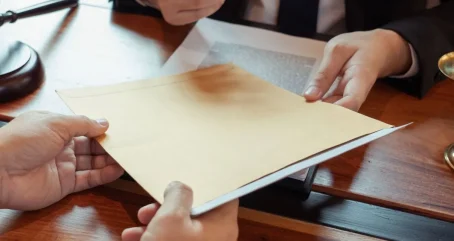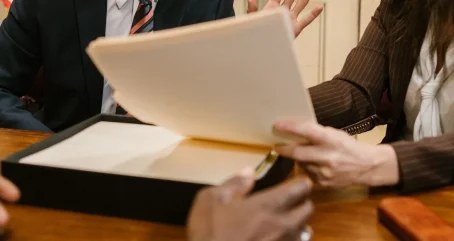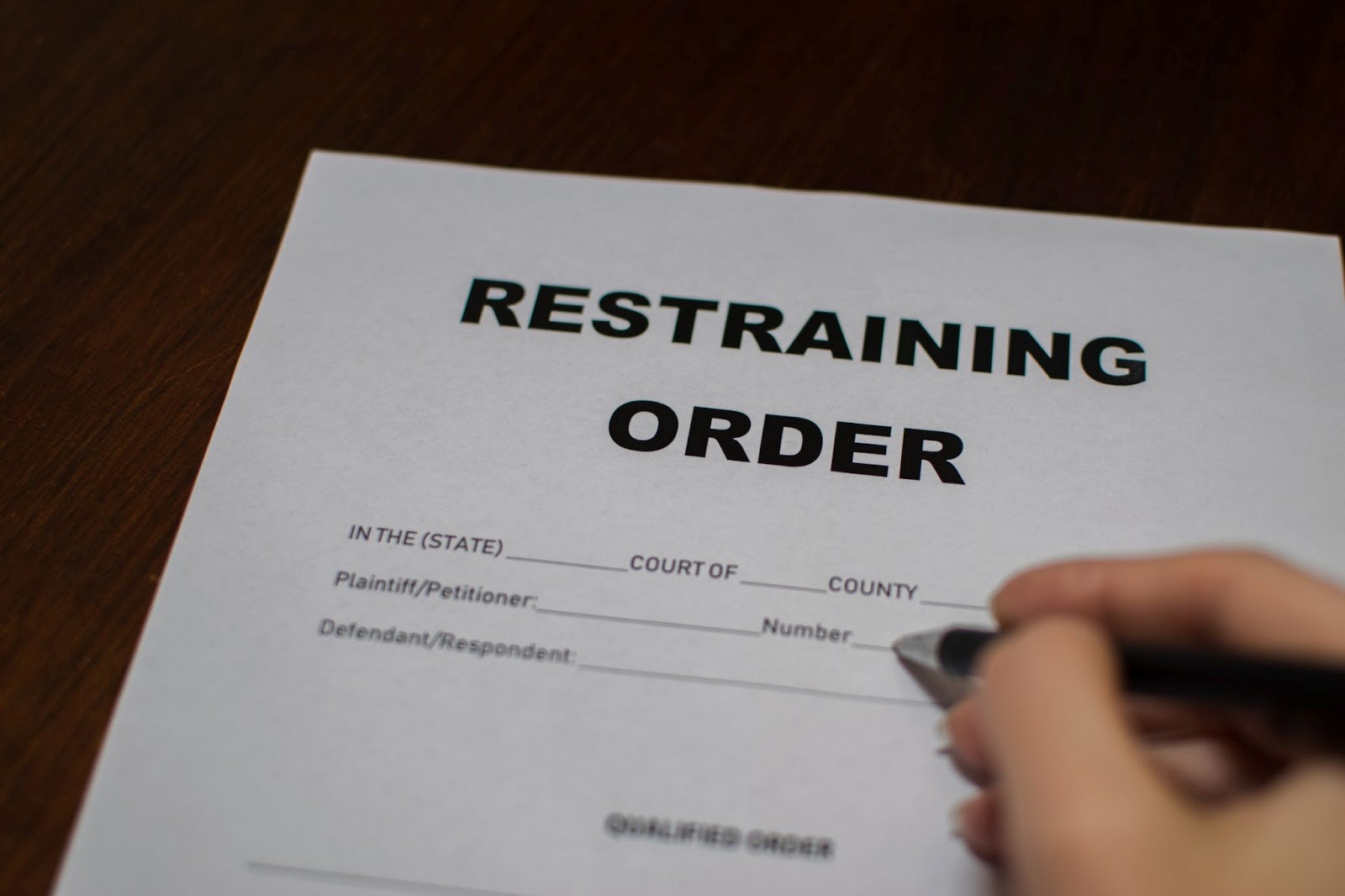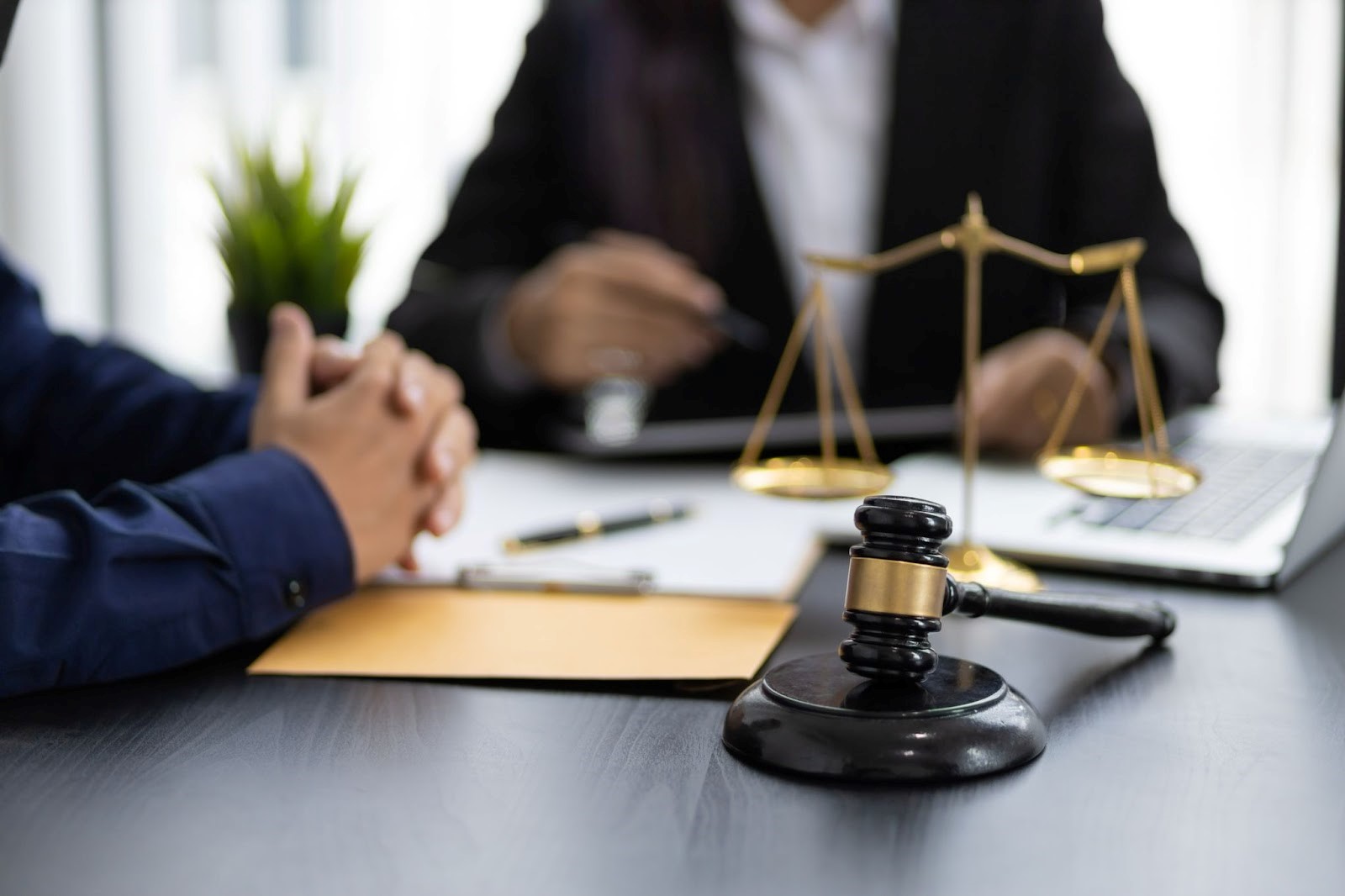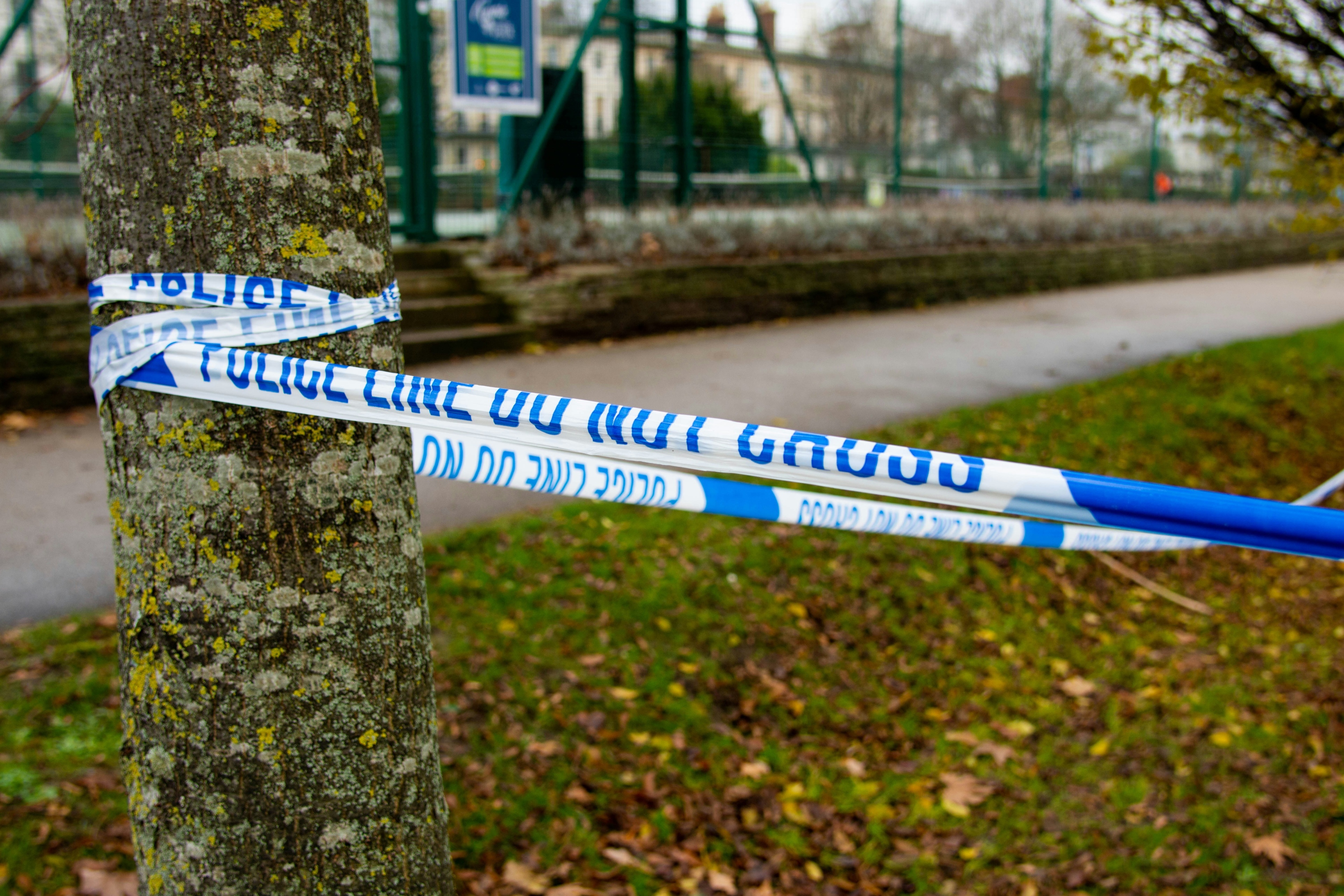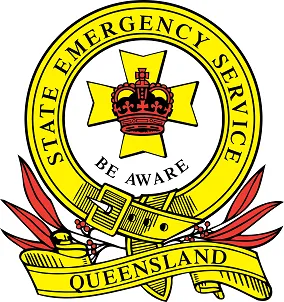Wherever You Are, We Can Help
Rana Lawyers is centrally located in Brisbane, but our services know no boundaries. Our criminal lawyers are available to travel all over Queensland to represent and support you. From Toowoomba to Cairns, we’re just a flight away, committed to giving you representation in any Queensland Court.
Our mission is simple; to deliver timely advice and a robust criminal defence for every client. With the deep expertise of our diverse team, Rana Lawyers approaches each case with precision and an unwavering focus on results.
Our Criminal Lawyers Understand the Cairns Court
At Rana Lawyers, we’ve dedicated time to understand Cairns’ legal landscape fully.
Our criminal lawyers have represented clients in the Cairns Magistrates Court. This means we can tailor our defence strategies to fit the unique dynamics of the Cairns legal environment.
Whether it’s understanding the local court procedures or forging connections within the legal community, our familiarity with Cairns ensures our clients get the representation they deserve.
Speak with a Cairns Criminal Lawyer Today
Our team of criminal defence lawyers in Cairns can provide legal advice and representation for a broad range of criminal law, including sex offending, traffic law & DUI, and domestic violence charges, as well as bail applications in Court.
If you find yourself in need of a criminal lawyer in Cairns, contact Rana Lawyers for a free consultation.


